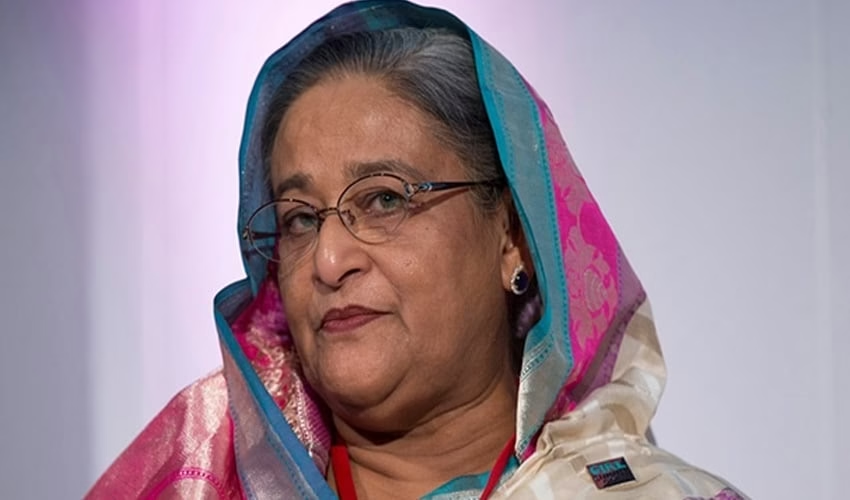new details about massacre, showing police began shooting after military withdrew

Eye investigation has revealed that former Bangladeshi Prime Minister Sheikh Hasina personally authorized the use of lethal force against student-led protesters last year, according to a verified leaked phone call.
In the audio recording, which surfaced online in March and was confirmed by forensic experts and Bangladesh’s Criminal Investigation Department, Hasina is heard instructing security forces to “use lethal weapons” and “shoot wherever they find [them].”
The phone call, reportedly made on July 18, 2024, came during a critical phase of mass protests sparked by controversial civil service quotas. The movement, which escalated into the largest unrest since Bangladesh’s 1971 war of independence, ultimately led to Hasina’s ouster after 15 years in power.
According to UN investigators, as many as 1,400 people were killed in the summer-long unrest. The most violent day was August 5, when Hasina reportedly fled her official residence in Dhaka by helicopter just before protesters stormed it. That day, police opened fire on demonstrators in Jatrabari, killing at least 52 people — a far higher toll than previously reported.
The investigation uncovered new details about this massacre, showing that police began shooting after military personnel, who had been separating protesters and law enforcement, withdrew. Protesters were fired upon as they fled through alleyways and along highways. The violence only subsided when police retreated to a nearby army base. Later that day, six police officers were killed in retaliatory attacks, including the burning of a police station.
The BBC authenticated the leaked recording with forensic audio experts at Earshot, who confirmed it had not been edited, manipulated, or synthetically generated. They also confirmed the voice was highly likely to be Hasina’s, and the recording had electrical network frequency interference — a sign of authenticity.
Prosecutors in Bangladesh now plan to use the call as central evidence in a case against Hasina, who is being tried in absentia for crimes against humanity, including inciting mass killings and authorizing state violence. British human rights lawyer Toby Cadman, who is advising Bangladesh’s International Criminal Tribunal (ICT), described the recording as “clear, critical, and properly authenticated.”
Hasina fled to India during the final days of the unrest. Bangladesh has requested her extradition, but India has not complied. Cadman says it is unlikely she will return to face trial.
Hasina’s Awami League party denies the allegations and disputes the authenticity of the leaked audio. A spokesperson said the tape shows no unlawful intent and claimed the government’s actions were “proportionate” and meant to “minimize the loss of life.” They also rejected the findings of UN investigators, who believe the actions of Hasina and her government may amount to crimes against humanity.
In total, 203 individuals — including former government and police officials — have been indicted, and 73 are in custody. The Bangladesh Police confirmed that 60 officers were arrested for their involvement in last year’s violence, admitting there were “regrettable incidents” involving excessive force.
Since Hasina’s removal, Bangladesh has been governed by an interim administration led by Nobel Peace Prize laureate Muhammad Yunus, which is now preparing for upcoming national elections. It remains unclear whether the Awami League will be allowed to participate.
